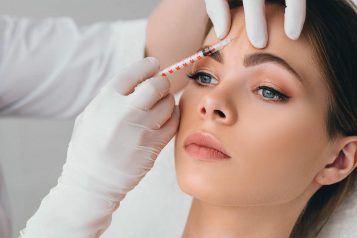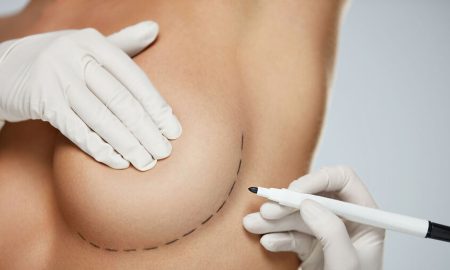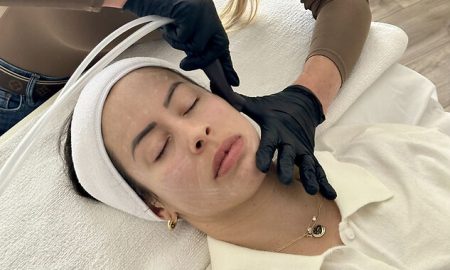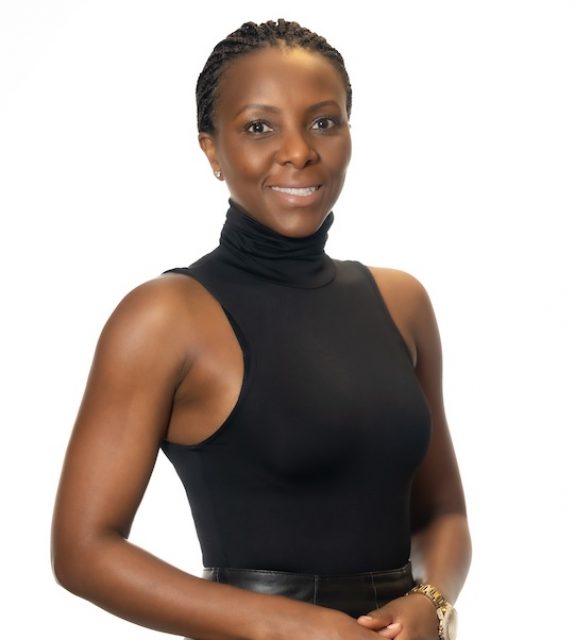Dr. Nianda Reid is a board-certified dermatologist, who specializes in medical and cosmetic dermatology, including the use of cosmetic injectables and laser dermatology. Dr. Reid graduated from the University of Rochester School of Medicine and Dentistry and obtained a dual degree M.D./M.B.A in Health Care Management from the University of Rochester Simon School of Business. She then completed her Dermatology training at Brown University in Providence, Rhode Island where she served as Chief Resident in her final year. Her extensive background and training have given her a wealth of experience in treating various dermatologic conditions. Haute Beauty expert Dr. Nianda Reid fills us in on when you should go in for a skin exam.

Have you ever been to your dermatologist for a skin exam? Are you one to regularly get your skin examined? Either way, it is necessary that you stay up to date on the current health of your skin. It is by no surprise that anyone can get skin cancer, however certain characteristics and behaviors increase your risk of skin cancer in your lifetime. One in five people in the U.S. will develop skin cancer before they are 70 years old. Most experts recommend beginning screenings in your 20s depending on your risk.
How regularly should you get a full body skin exam?
While there are risk factors that are out of your control such as a lighter natural skin type or skin that burns easily with sun exposure, there are many things you can do to decrease your risk of skin cancer. In addition to sun protection, it is also important to get your skin checked regularly (at least yearly and more frequently depending on risk and history) by a board- certified dermatologist especially if you are at higher risk for skin cancer (phenotype, family history, risky behaviors such as tanning bed exposure).

Common topics discussed during a skin exam?
To aid in the examination, you will be asked to get undressed and get into a patient gown, and your provider will look at your skin with a trained eye from head to toe.
During your visit you may be asked about your family history and personal history of skin cancer and abnormal moles. You should also point out any spots you are concerned about or any changes that you may have noticed in your skin lesions.
Are there signs/symptoms you should be aware of?
Skin cancer warning signs include changes in size, shape, or color of a mole or skin lesion, the appearance of a new growth on the skin, or a sore that doesn't heal (which can be painful, itchy or bleeding). In regards to mole changes, the American Academy of Dermatology recommends that patients become familiar with the ABCDEs of melanoma. A stands for asymmetry, B stands for Borders, C stands for color, D stands for Diameter, E stands for evolving skin lesion.
I usually also recommend that many patients do monthly self-examinations of their skin to become familiar with moles and skin lesions present, and recognize new or changing lesions.
Remember, skin cancer is treatable but the earlier it is detected, the more positive the outcome.
























